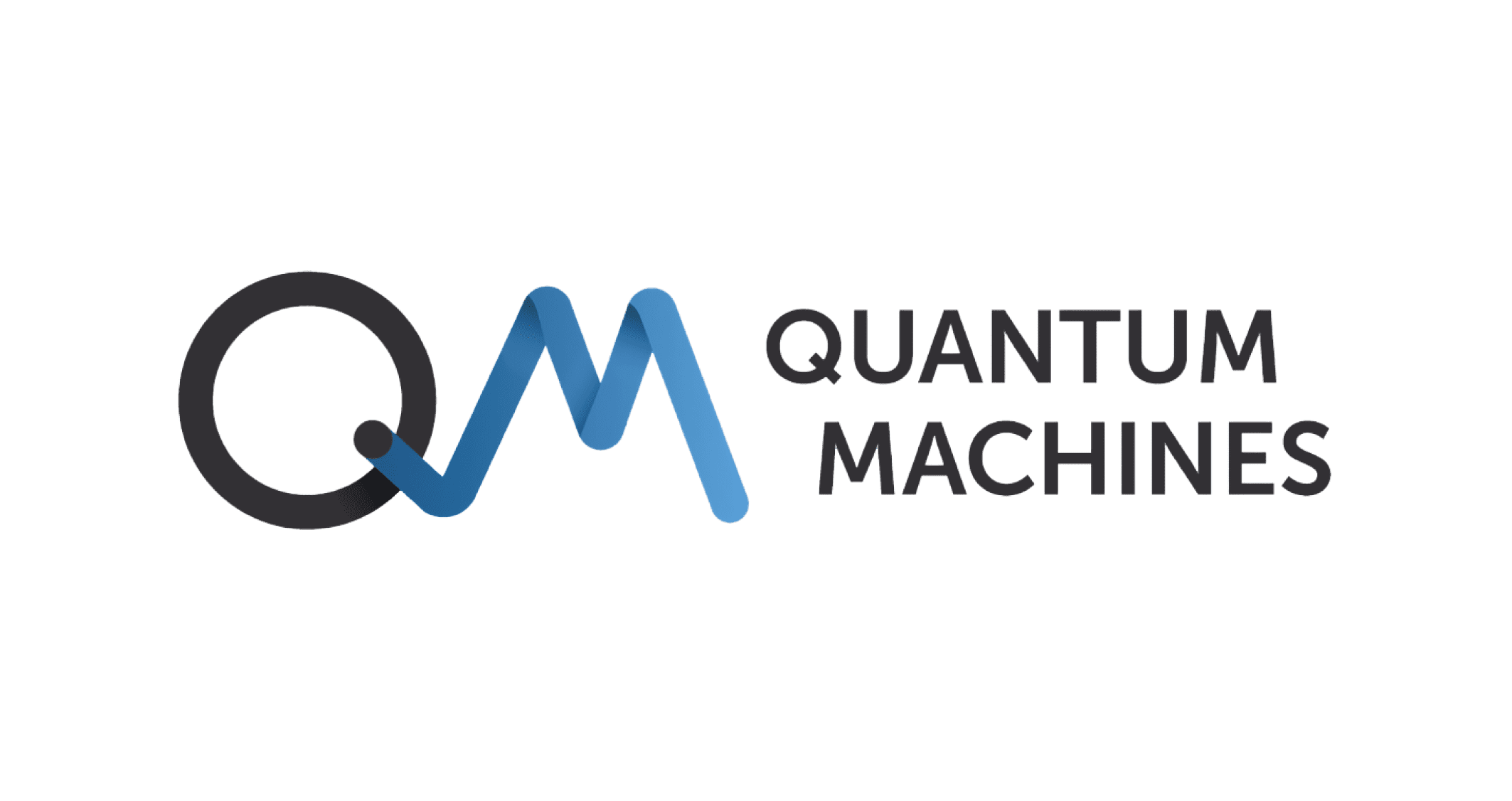Quantum News Briefs: January 11, 2024: Quantum Machines Caps Off 2023 with Strong Growth and Global Expansion; and MORE!

Quantum News Briefs: January 11, 2024:
Quantum Machines Caps Off 2023 with Strong Growth and Global Expansion

In 2023, Quantum Machines (QM), a leader in quantum control solutions, celebrated a landmark year marked by significant growth and innovation in the quantum computing sector. The company witnessed several major product launches, formed key global partnerships, and experienced a substantial increase in revenue, solidifying its position in the rapidly evolving field of quantum computing. This period was crucial for the industry, focusing on scaling quantum processors beyond 1000 qubits and enhancing error correction methods. QM’s cutting-edge OPX1000 control platform, specifically designed to support systems over 1000 qubits, was a highlight, facilitating advancements in diverse fields such as drug design and finance. The company also engaged in strategic collaborations with Nvidia to integrate quantum and classical systems for advanced error correction. QM’s technology has contributed significantly to research, with over 60 papers published using their solutions in 2023. Furthermore, QM expanded its international presence, including a new German headquarters, and forged strategic partnerships, particularly in Korea. Quantum Machines’ CEO, Itamar Sivan, emphasized the progress towards meaningful quantum applications and the company’s focus on integrating classical and quantum systems to push boundaries in quantum computing.
New University of Oxford study uses machine learning to bridge the reality gap in quantum devices

A new study by the University of Oxford has leveraged machine learning to bridge the “reality gap” in quantum devices, a crucial step forward in quantum computing. This gap refers to the discrepancy between predicted and actual behaviors in quantum devices, primarily caused by nanoscale imperfections in materials. The research, published in Physical Review X, introduced a novel “physics-informed” machine learning approach. This technique infers internal disorder in quantum devices, which affects electron flow without direct measurement. By analyzing the output current across a quantum dot device at various voltage settings, the model accurately predicted the internal disorder and voltage requirements for specific operating regimes. This advancement paves the way for more precise predictions and optimization of materials for quantum devices, addressing a major hurdle in scaling and combining individual quantum units (qubits) for applications like climate modeling, financial forecasting, and AI. The study signifies a significant step in using machine learning to mitigate material imperfections in quantum devices, analogous to inferring black hole presence by observing surrounding matter.
Kenna Hughes-Castleberry is the Managing Editor at Inside Quantum Technology and the Science Communicator at JILA (a partnership between the University of Colorado Boulder and NIST). Her writing beats include deep tech, quantum computing, and AI. Her work has been featured in Scientific American, Discover Magazine, New Scientist, Ars Technica, and more.



















